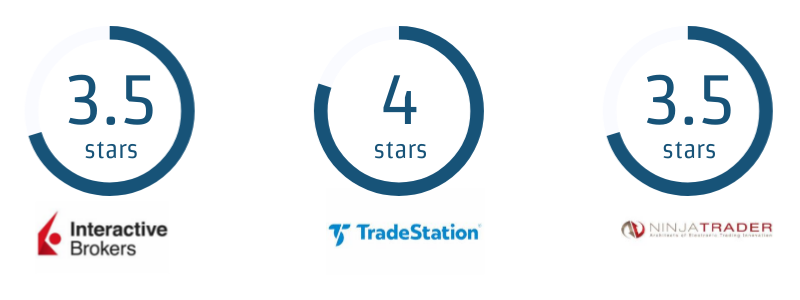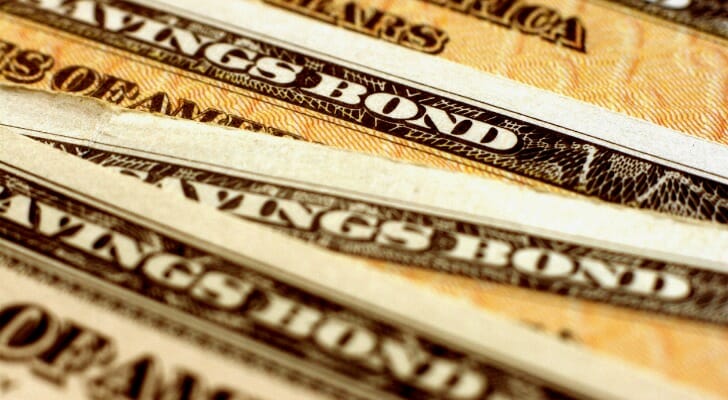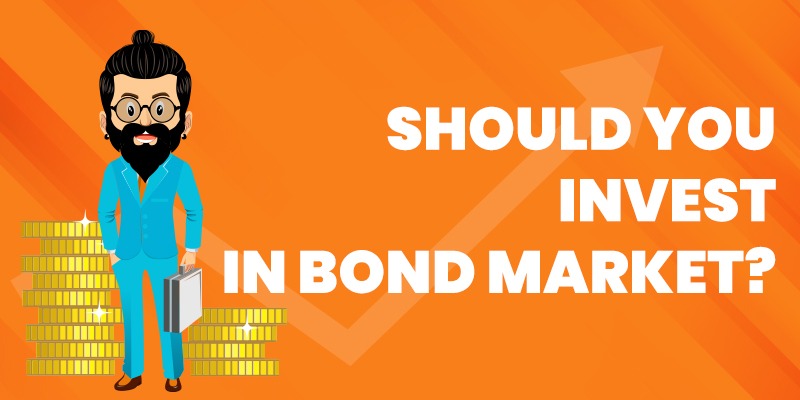
Despite recent worries about the economy, banks stocks still offer attractive growth opportunities. Bank stocks can be a useful part of your portfolio if you are looking to increase your dividend yield. If you believe that interest rate rises in the future, bank stocks could be a good choice. However, rising interest rates can cause a number of disruptions to your economy. This can lead to higher borrowing costs, both for consumers and for businesses, as also higher interest rates on loans. These changes will likely affect banks' profitability. There are nine banks stocks that have demonstrated particular strength in this changing environment of interest rates.
The largest US bank, JPMorgan Chase & Co., pays a dividend that is the biggest in the industry. This is due to the company’s strong balance sheet as well as low capital costs. It has assets of $3.4 trillion, making it one the largest financial institutions in the globe.
Citigroup Inc. is the third-largest US bank and pays a dividend second only to JPMorgan. This company is a globally diversified financial services holding company that owns consumer bank Citibank, mortgage lender Quicken Loans, and insurance company Allstate. The company currently has over 200 million customer account.

National Bank of Canada is another top-ranked bank that pays dividends. It has been in existence since 1973 and focuses on the Chinese-American community. It also trades at an acceptable valuation. Recent acquisitions such as Worthington National Bank's 2012 acquisition have helped to boost the stock.
M&T Bank has had a great year. It is one of the most important regional banks in the U.S. M&T stocks have grown by 20% over the last year. The second quarter results, however, were disappointing. Operating expenses increased 15% over last year, according to the company. Pandemic-related disruptions also impacted M&T's ability to lend.
BancFirst Bank (NYSE.BCB), is one of Wall Street's top-performing stocks. The bank has a market capitalization of $4 billion, and serves the states of Oklahoma and Texas. The bank beat its top and bottom lines in July. The company continues to acquire. The stock's price-to-earnings ratio is one of the lowest among the big banks. The company's dividend yield, 4.8%, is one of its highest in the banking sector.
The company's credit performance also is impressive. It earned almost 60% of its income via rate spreads. While higher rates can negatively impact the company's profits, the low cost deposit funding will help reduce this risk.

The best bank stock to buy right now is Citigroup. It has a solid balance sheet, and a history that pays high dividends. It also has the highest dividend rate of the Big Four. While the company's stock has fallen to $50, it still trades at a fair valuation. 18 due diligence inspections have been completed.
FAQ
What's the difference between marketable and non-marketable securities?
Non-marketable securities are less liquid, have lower trading volumes and incur higher transaction costs. Marketable securities can be traded on exchanges. They have more liquidity and trade volume. Marketable securities also have better price discovery because they can trade at any time. There are exceptions to this rule. There are exceptions to this rule, such as mutual funds that are only available for institutional investors and do not trade on public exchanges.
Marketable securities are less risky than those that are not marketable. They generally have lower yields, and require greater initial capital deposits. Marketable securities tend to be safer and easier than non-marketable securities.
A large corporation bond has a greater chance of being paid back than a smaller bond. The reason for this is that the former might have a strong balance, while those issued by smaller businesses may not.
Because they can make higher portfolio returns, investment companies prefer to hold marketable securities.
What is the difference?
Brokers are specialists in the sale and purchase of stocks and other securities for individuals and companies. They manage all paperwork.
Financial advisors have a wealth of knowledge in the area of personal finances. They can help clients plan for retirement, prepare to handle emergencies, and set financial goals.
Banks, insurance companies and other institutions may employ financial advisors. They could also work for an independent fee-only professional.
Consider taking courses in marketing, accounting, or finance to begin a career as a financial advisor. Also, it is important to understand about the different types available in investment.
What is a bond?
A bond agreement between two people where money is transferred to purchase goods or services. It is also known by the term contract.
A bond is typically written on paper and signed between the parties. This document details the date, amount owed, interest rates, and other pertinent information.
The bond is used for risks such as the possibility of a business failing or someone breaking a promise.
Bonds can often be combined with other loans such as mortgages. This means that the borrower must pay back the loan plus any interest payments.
Bonds are also used to raise money for big projects like building roads, bridges, and hospitals.
A bond becomes due when it matures. When a bond matures, the owner receives the principal amount and any interest.
Lenders lose their money if a bond is not paid back.
What are some advantages of owning stocks?
Stocks are more volatile that bonds. The stock market will suffer if a company goes bust.
However, if a company grows, then the share price will rise.
For capital raising, companies will often issue new shares. Investors can then purchase more shares of the company.
To borrow money, companies use debt financing. This gives them access to cheap credit, which enables them to grow faster.
People will purchase a product that is good if it's a quality product. The stock's price will rise as more people demand it.
As long as the company continues to produce products that people want, then the stock price should continue to increase.
What is security in the stock market?
Security is an asset that generates income. Shares in companies is the most common form of security.
Different types of securities can be issued by a company, including bonds, preferred stock, and common stock.
The earnings per share (EPS), as well as the dividends that the company pays, determine the share's value.
If you purchase shares, you become a shareholder in the business. You also have a right to future profits. If the company pays a dividend, you receive money from the company.
You can sell shares at any moment.
How are shares prices determined?
Investors are seeking a return of their investment and set the share prices. They want to make money with the company. They then buy shares at a specified price. If the share price increases, the investor makes more money. If the share price falls, then the investor loses money.
The main aim of an investor is to make as much money as possible. This is why they invest into companies. It helps them to earn lots of money.
How are securities traded
The stock exchange is a place where investors can buy shares of companies in return for money. To raise capital, companies issue shares and then sell them to investors. Investors then sell these shares back to the company when they decide to profit from owning the company's assets.
The price at which stocks trade on the open market is determined by supply and demand. When there are fewer buyers than sellers, the price goes up; when there are more buyers than sellers, the prices go down.
There are two methods to trade stocks.
-
Directly from the company
-
Through a broker
Statistics
- The S&P 500 has grown about 10.5% per year since its establishment in the 1920s. (investopedia.com)
- Ratchet down that 10% if you don't yet have a healthy emergency fund and 10% to 15% of your income funneled into a retirement savings account. (nerdwallet.com)
- Our focus on Main Street investors reflects the fact that American households own $38 trillion worth of equities, more than 59 percent of the U.S. equity market either directly or indirectly through mutual funds, retirement accounts, and other investments. (sec.gov)
- Individuals with very limited financial experience are either terrified by horror stories of average investors losing 50% of their portfolio value or are beguiled by "hot tips" that bear the promise of huge rewards but seldom pay off. (investopedia.com)
External Links
How To
How to trade in the Stock Market
Stock trading involves the purchase and sale of stocks, bonds, commodities or currencies as well as derivatives. The word "trading" comes from the French term traiteur (someone who buys and sells). Traders buy and sell securities in order to make money through the difference between what they pay and what they receive. This is the oldest form of financial investment.
There are many options for investing in the stock market. There are three basic types: active, passive and hybrid. Passive investors are passive investors and watch their investments grow. Actively traded investor look for profitable companies and try to profit from them. Hybrid investors combine both of these approaches.
Passive investing involves index funds that track broad indicators such as the Dow Jones Industrial Average and S&P 500. This is a popular way to diversify your portfolio without taking on any risk. You can just relax and let your investments do the work.
Active investing is the act of picking companies to invest in and then analyzing their performance. The factors that active investors consider include earnings growth, return of equity, debt ratios and P/E ratios, cash flow, book values, dividend payout, management, share price history, and more. They then decide whether they will buy shares or not. If they feel the company is undervalued they will purchase shares in the hope that the price rises. However, if they feel that the company is too valuable, they will wait for it to drop before they buy stock.
Hybrid investing is a combination of passive and active investing. You might choose a fund that tracks multiple stocks but also wish to pick several companies. In this instance, you might put part of your portfolio in passively managed funds and part in active managed funds.